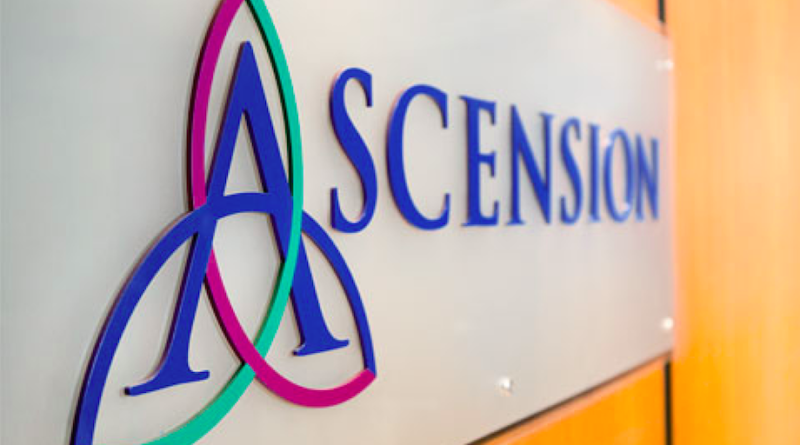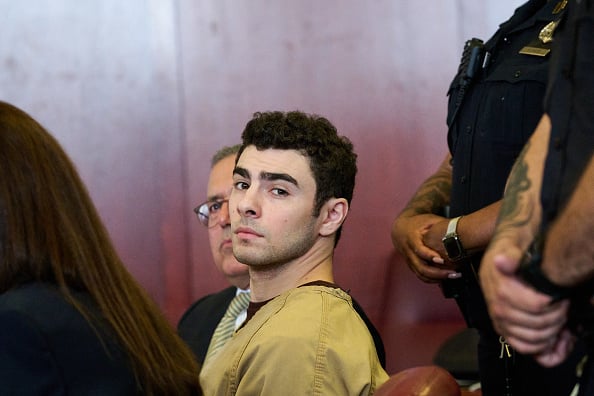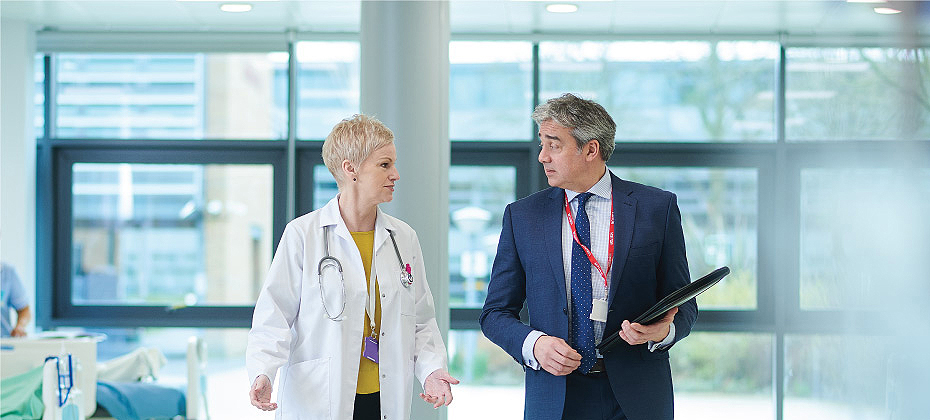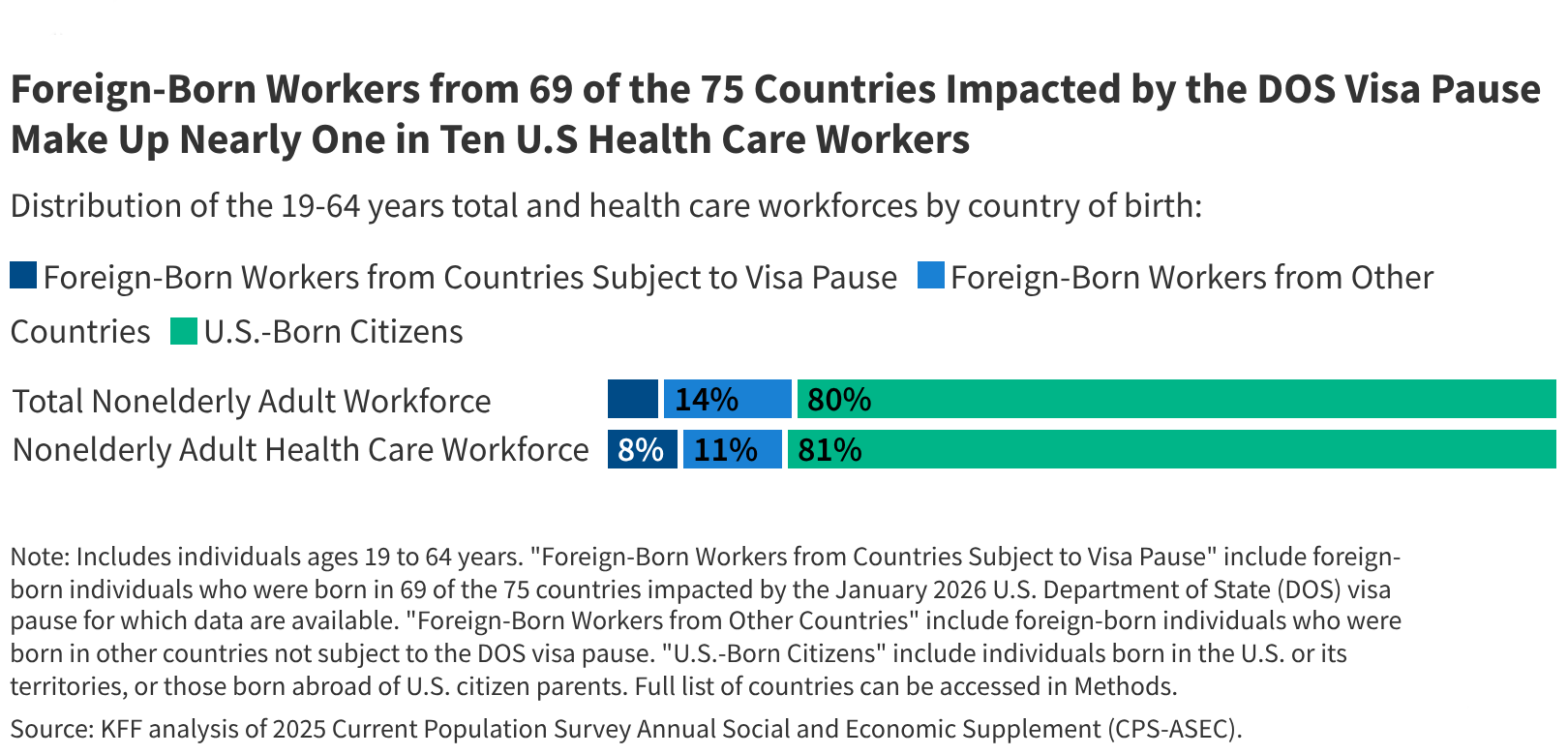Ascension is taking a more intentional approach to innovations with a new unit dedicated to exploring, vetting and deploying tech tools across the major nonprofit health system.
The organization announced this week the launch of its Clinical Innovation Institute (CII), which Ascension Chief Clinical Officer Thomas Aloia, M.D., describes as an “umbrella” aggregating and presiding over other innovation and tech programs that were already active within Ascension.
“We are absolutely not starting from scratch,” he said. “I would say we’re driving at about 60 miles per hour, and this organizational backing and support is going to take us to drive even faster.”
Those existing and new efforts broadly fall under four camps within the new CII, Aloia explained.
First is a clinical transformation team, which focuses on areas like virtual care, continuous monitoring, patient-reported outcomes and behavioral “nudge” campaigns influencing patient behavior.
The second covers electronic-health-record-based innovations. This would cover voice to text, AI and predictive analytics based on EHR data and a “hyper focus” on workflow within the EHR to cut down administrative burden and give clinicians more time for face-to-face care, Aloia continued.
Ascension’s research and graduate medical education efforts have now also been grouped together under a branch of the CII. This has been an active area within Ascension for some time, Aloia said, as more than 6,000 people were enrolled in clinical trials and nearly 1,000 trainees are enrolled in training programs across the organization during the past year.
The final component is an “innovation incubator,” where Aloia said CII team members would head to Ascension’s front lines to see “what innovations they have organically created and seeing if we can scale them, but also asking [workers] what their biggest problems are and seeing if we can find innovative solutions.”
For the latter, Aloia highlighted Ascension’s “incredibly engaged” nursing teams, which have already been a source for prior bedside innovations and are “definitely woven into the fabric of the institute.”
Aloia expects the CII to be well received and fuel even greater engagement from Ascension’s nurses and other employees.
On an immediate level, he said having a unit that can serve as the coordinator and test bed for external technology pitches will be appreciated by staff at various levels who are “maybe on an hourly basis being pinged by some company, some vendor, some provider with a new tool that is advertised to help something.”
A successfully vetted and deployed innovation should also deliver tangible benefits to individual workers. Here, Aloia pointed to the hours nurses spend writing up patient handoff documents and described an ongoing pilot in which AI instead creates patient care summary documents that are annotated by the on-shift nurse.
“Just imagine giving back to a nurse 90 more minutes of patient care, what they trained for and what their heart and mind and passion is about,” he said. “That’s a great example that gets a lot of engagement. When you provide a tool that changes, materially and in a positive way, the work life of our associates—you know they’re all in.”
Aloia ballparked CII’s current budget as nearing $20 million and said there are more than 100 full-time equivalents worth of staff working under its various units. Though some of those employees are part of broader teams working on, for instance, EHRs, “the subset that’s really dedicated to the innovation side would be included in that number,” he said.
Ascension has also named four directors for the CII: Mitesh Patel, M.D., vice president and chief clinical transformation officer; Samit Desai, M.D., vice president and chief medical information officer; Fred Masoudi, M.D., vice president and chief academic officer; and Jon Taves, associate vice president of clinical innovation.
Ascension’s approach to the CII takes some inspiration from similar efforts at other health systems, with Aloia pointing to interviews with transplants on the team “from some very high-functioning organizations that had institutes like this.”
He said the differentiator is that Ascension’s Catholic mission to serve poor and vulnerable patients forces the organization “to be extremely practical” with the tools it adopts. That means having a very clear understanding of patient and employee needs and grounding any ideas and implementations against those values.
“That’s what keeps us centered,” he said. “You know, we don’t have the luxury to innovate just for innovation’s sake and have a cool thing that maybe doesn’t have an impact. … We’re laser-focused on that, and I think as long as we can stick to and not bend those values, we’re going to bring consistent results to the organization.”
Publisher: Source link










